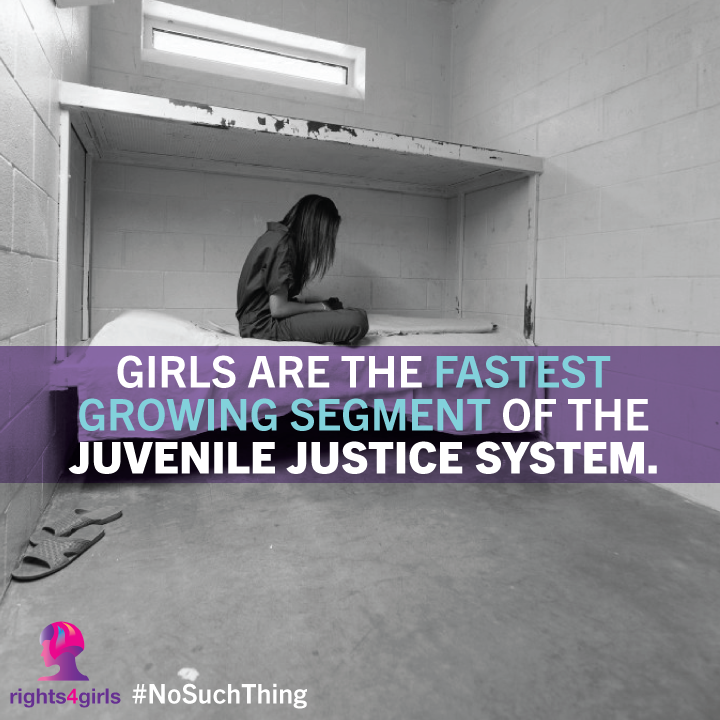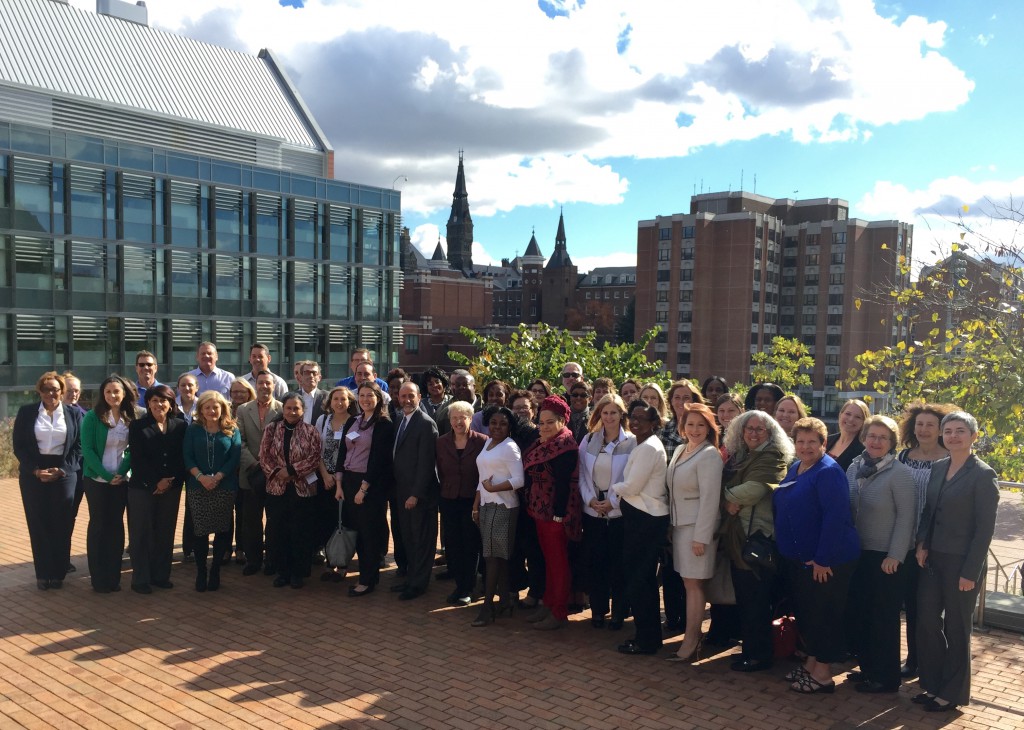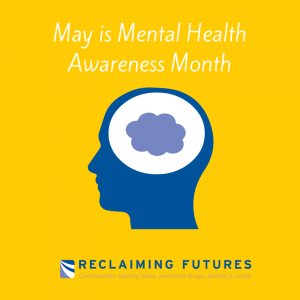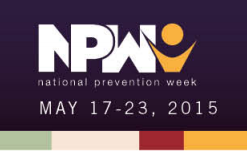Why Schools Over-Discipline Children With Disabilities; News Roundup
By Anonymous, July 31 2015
 Every week Reclaiming Futures rounds up the latest news on juvenile justice reform, adolescent substance abuse treatment, and teen mental health.
Every week Reclaiming Futures rounds up the latest news on juvenile justice reform, adolescent substance abuse treatment, and teen mental health.
Why Schools Over-Discipline Children With Disabilities (The Atlantic)
As the U.S. Department of Education celebrates the 25th Anniversary of the Americans With Disabilities Act (ADA), the high rate at which special-needs students are disciplined raises questions about the current state of equal access to services like public education. Some researchers and advocates refer to this issue as "the discipline gap," and data from the Department of Education finds that the disparity increases when race is added.
Topics: ADA, Adolescent Mental Health, Disability, education, Juvenile Justice Reform, lgbt, NCJFCJ, News, school discipline, schools, teens



 Now through August 21, 2015, The Center for Juvenile Justice Reform (CJJR) at Georgetown University‘s McCourt School of Public Policy is accepting applications for its
Now through August 21, 2015, The Center for Juvenile Justice Reform (CJJR) at Georgetown University‘s McCourt School of Public Policy is accepting applications for its 
 Below you’ll find a selection of the latest grants, jobs, webinars and events posted to our Opportunity Board. Please share the
Below you’ll find a selection of the latest grants, jobs, webinars and events posted to our Opportunity Board. Please share the  Approximately 65 - 70 percent of young people in the justice system meet the criteria for a disability. During time in the system, many children are deprived of the services they need for healthy growth, education, and development—something that negatively impacts children with disabilities more seriously than others.
Approximately 65 - 70 percent of young people in the justice system meet the criteria for a disability. During time in the system, many children are deprived of the services they need for healthy growth, education, and development—something that negatively impacts children with disabilities more seriously than others. erty such as homelessness, physical and sexual abuse, violence, witnessing shootings, unsafe school conditions, and familial behavioral health issues. Three Compton School district teachers are named for the prosecution alleging that their requests to provide youth with the appropriate behavioral health services were ignored by the district. For those of us that work in the juvenile justice or behavioral health fields these stories seem all too common. Decades of research and practice have shown that trauma has profound negative effects on an individual’s overall health (e.g., neurological, biological, psychological, social). One of the more well-known studies, which is being used to support this lawsuit, is the
erty such as homelessness, physical and sexual abuse, violence, witnessing shootings, unsafe school conditions, and familial behavioral health issues. Three Compton School district teachers are named for the prosecution alleging that their requests to provide youth with the appropriate behavioral health services were ignored by the district. For those of us that work in the juvenile justice or behavioral health fields these stories seem all too common. Decades of research and practice have shown that trauma has profound negative effects on an individual’s overall health (e.g., neurological, biological, psychological, social). One of the more well-known studies, which is being used to support this lawsuit, is the 
 This week is
This week is